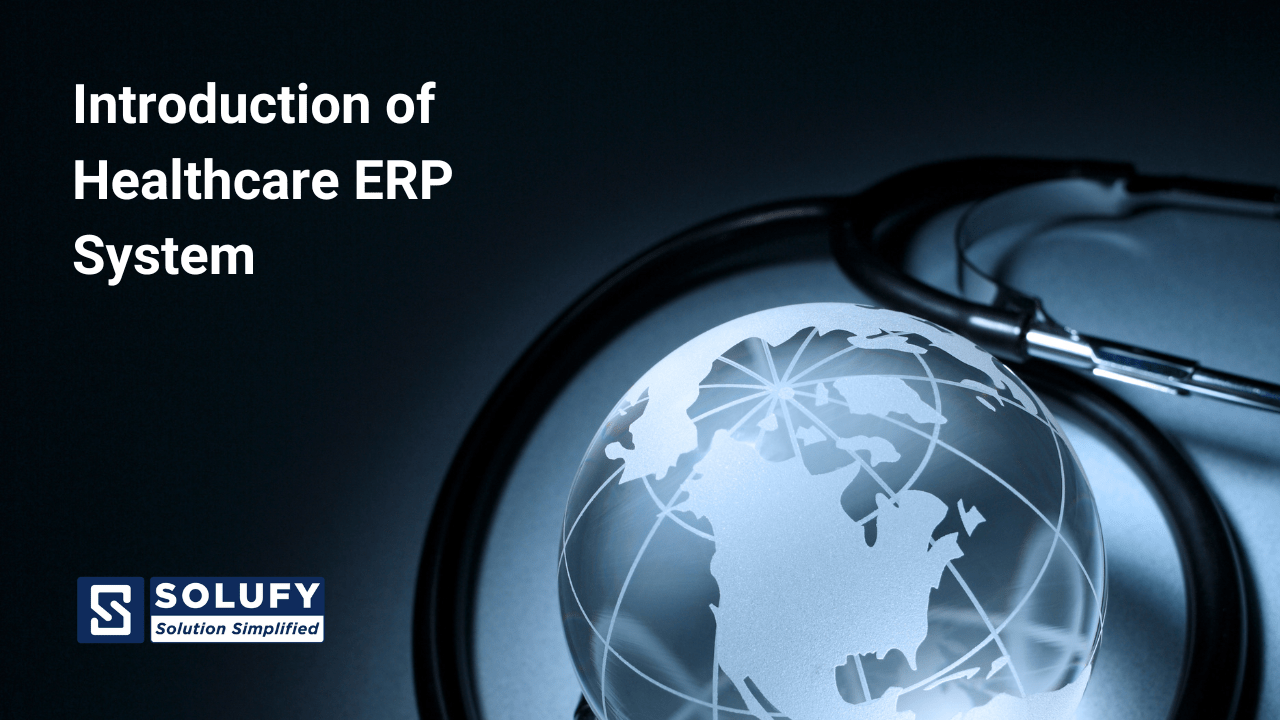Healthcare providers can automate their workflows and streamline their operations utilizing an Enterprise Resource Planning (ERP) system, which is an integrated software platform. This comprehensive solution provides a broad range of tools to handle various healthcare management tasks, such as inventory control, patient care, medical billing & more.
A healthcare ERP system has the following advantages:
• Improve patient care: Healthcare ERP Solution gives healthcare professionals instant access to patient data, allowing them to make more informed decisions about patient care. Improved patient outcomes and satisfaction.
• Greater efficiency: Healthcare ERP systems automate labor-intensive processes such as appointment scheduling, billing and inventory management, freeing up staff time and reducing Errors. Costs are reduced and efficiency is increased accordingly.
• Improved financial management: Healthcare ERP systems provide real-time financial data, allowing healthcare providers to plan income and expenses efficiently. That’s way, they can improve their financial performance and identify areas for improvement.
• Improve regulatory compliance: Healthcare ERP systems provide healthcare providers with tools for secure data storage and access control, making it easy for them to comply with rules and standards such as HIPAA (Health Insurance Portability and Accountability Act).
• Better resource utilization: Healthcare ERP systems give healthcare providers access to real-time resource tracking for their staff, tools, and supplies. They can use resources more efficiently and thus generate less waste.
Features of an ERP system for healthcare:
• Patient Management: Healthcare ERP systems offer tools for managing patient data, such as medical records, appointments, and prescriptions. As a result, patient care can be improved by healthcare professionals having real-time access to patient information.
• Medical Billing: Medical billing procedures like claims management, invoicing, and payment processing are automated by healthcare ERP systems. Due to this, financial performance is enhanced and errors are decreased.
• Inventory Control: Healthcare ERP systems offer tools for inventory control, including the ability to track supplies, machinery, and medications. Consequently, waste is decreased and healthcare providers’ inventory is optimized.
• Financial Management: Healthcare ERP systems offer tools for managing finances, including accounting and budgeting. This aids in cost- and financial-performance optimization for healthcare providers.
• Human resource management (HRM): Healthcare ERP systems offer tools for HR management, including scheduling, payroll, and performance management. This aids healthcare organizations in increasing employee productivity and decreasing attrition.
Conclusion:
Healthcare providers looking to improve patient care, optimize their financial performance, and streamline their operations should consider healthcare ERP systems. With features like patient management, medical billing, inventory management, finance management, and human resource management, healthcare providers can increase their productivity, decrease errors, and boost patient satisfaction.

